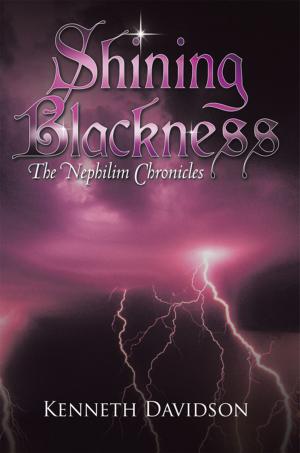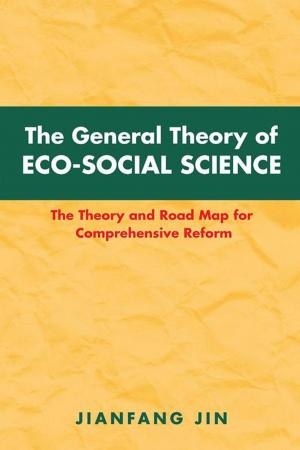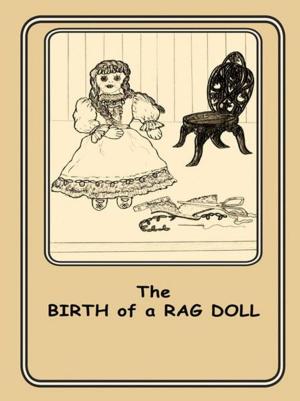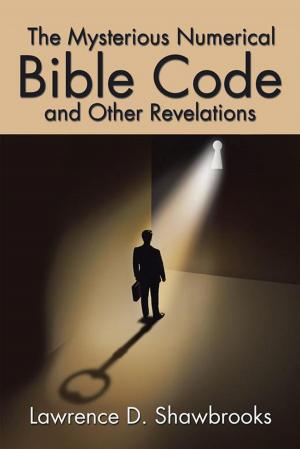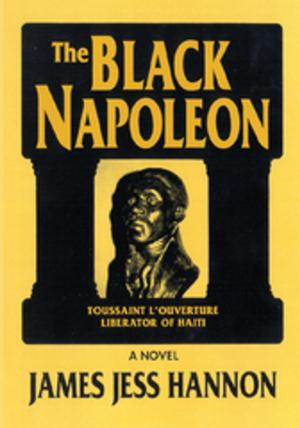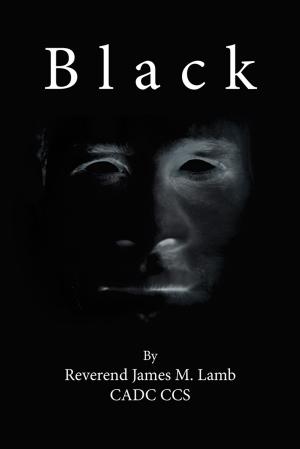| Author: | E. Kofi Agorsah | ISBN: | 9781477228777 |
| Publisher: | AuthorHouse | Publication: | September 17, 2012 |
| Imprint: | AuthorHouse | Language: | English |
| Author: | E. Kofi Agorsah |
| ISBN: | 9781477228777 |
| Publisher: | AuthorHouse |
| Publication: | September 17, 2012 |
| Imprint: | AuthorHouse |
| Language: | English |
Marry Me in Africa is an invitation to discuss approaches and processes in African marriage ritual. As one crucial institution in African culture, marriage in its traditional African definition has helped many of the continents cultures maintain a sense of community and identity. This book invites especially students and researchers into exchanges on some African marriage traditions and their roles in African societies. It concerns those aspects that fascinate me and many other Africans that we believe will interest people in the New World, particularly the Caribbean. Researchers of the African Diaspora might want to use some of the marriage practices for reconstructing models for analysis and interpretation of the formation and transformation of the African heritage in the Diaspora.
Marry Me in Africa is particularly useful for scholars not familiar with the different cultural practices among African societies, their sources of identity and diversity, and the implications of these for understanding African social systems. This book will be a useful companion for other scholars who know about some of the cultural practices but are unable to identify exactly their relationship to specific ethnic groups, traditional concepts, social, political, economic, technological, and other practices that have constituted the patterns of cultural behavior among African societies through marriage.
Individual or local cultural traditions and practices are presented within the context of the general African cultural heritage, leading to cross-cultural comparison and generalizations. The convergence of traditional marriage patterns and continuities in specific aspects of traditional values and behavior of various societies are examined over the common-ground sense of community among Africans that may not be the same today as in the past. For this reason this book takes the liberty to discuss present manifestations of a transformed past in the present.
Marry Me in Africa is an invitation to discuss approaches and processes in African marriage ritual. As one crucial institution in African culture, marriage in its traditional African definition has helped many of the continents cultures maintain a sense of community and identity. This book invites especially students and researchers into exchanges on some African marriage traditions and their roles in African societies. It concerns those aspects that fascinate me and many other Africans that we believe will interest people in the New World, particularly the Caribbean. Researchers of the African Diaspora might want to use some of the marriage practices for reconstructing models for analysis and interpretation of the formation and transformation of the African heritage in the Diaspora.
Marry Me in Africa is particularly useful for scholars not familiar with the different cultural practices among African societies, their sources of identity and diversity, and the implications of these for understanding African social systems. This book will be a useful companion for other scholars who know about some of the cultural practices but are unable to identify exactly their relationship to specific ethnic groups, traditional concepts, social, political, economic, technological, and other practices that have constituted the patterns of cultural behavior among African societies through marriage.
Individual or local cultural traditions and practices are presented within the context of the general African cultural heritage, leading to cross-cultural comparison and generalizations. The convergence of traditional marriage patterns and continuities in specific aspects of traditional values and behavior of various societies are examined over the common-ground sense of community among Africans that may not be the same today as in the past. For this reason this book takes the liberty to discuss present manifestations of a transformed past in the present.

